A fundamental change to your habits occurs when you drift away from the grid - your energy usage awareness is on full alert. This is independence, cutting the umbilical cord, it’s survival and it’s all part of the enjoyment of the adventure!
We’re no strangers to this feeling and wanted to share some of our energy saving tips with you.
Here are some fundamentals to know when you’re using any battery and inverter system:
When battery current, known as Direct Current (DC) is converted to mains Alternating Current (AC), a percentage of energy is spent on heat. Think of it like changing your money in the Exchange Bureau and your native coin is the battery energy. So ideally, you want to use DC power where possible to save those conversion costs (this can be about 8-10% of your energy so it can make a big difference, especially when you’re relying on solar)
That’s why we like to recommend using DC powered appliances where possible. Also, the ones you have could be directly charged via a DC cable such as a USB A or C type so you don’t waste energy (and space in a tiny home) using an AC to DC adapter.
Here are some common items you will have in the home that are DC powered:
Mobile phone
Laptop PC
Bluetooth speaker
Router
Monitor
Generally, any rechargeable device with a USB port on it will be DC powered but many others use an AC to DC adapter to convert the power down from the mains which also incurs losses.
Here are some items you may need off-grid that could be more efficient or practical:
Kettle - The most power hungry in the whole kitchen believe it or not; up to 3 times that of a modern electric oven!
We recommend using a travel kettle, using less than a third of the power of a domestic one to run. Try to boil only what you need to save precious energy.
Some small coffee machines are also efficient and boil only a cup of water at a time.
Heater - A big drinker of energy but in some cases, essential to have.
Small DC fan heaters are available but offer a lower heat output.
Consider using a DC heated blanket for super efficiency at night.
DC diesel heaters are popular with campervan users, make sure your power station can run yours as you need 20A DC for it to start up.
Fridge - Modern DC fridges are very effective and efficient and we recommend getting a chest fridge so as not to lose too much cold air when you open it (cold air falls as it’s denser than hot air).
Cooking - Consider using a multi-cooker as they are efficient and are able to do all kinds of cooking like grilling, pressure-cooking, steaming, air-frying and searing. A mid range portable power station could easily handle one of these but keep an eye on the battery level as it will drop fast.
We’d be happy to hear any tips or feedback you wanted to share too so feel free to comment.
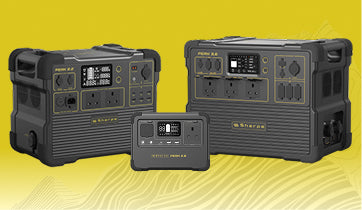
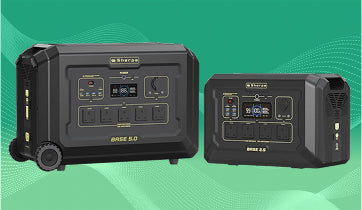
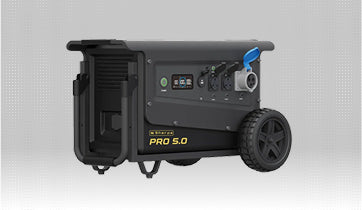
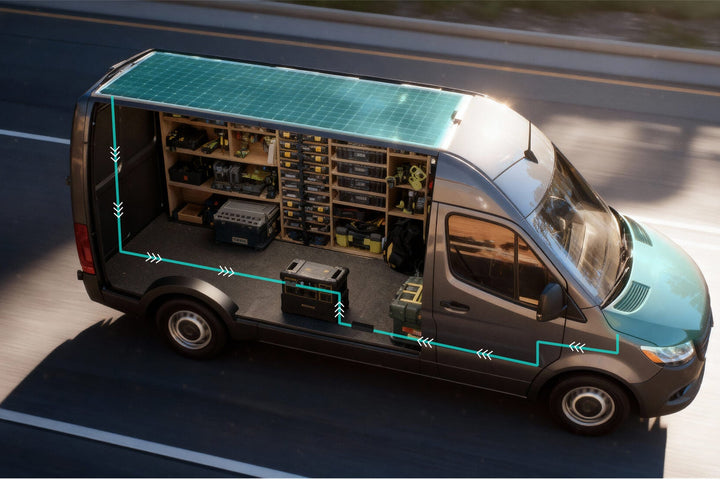
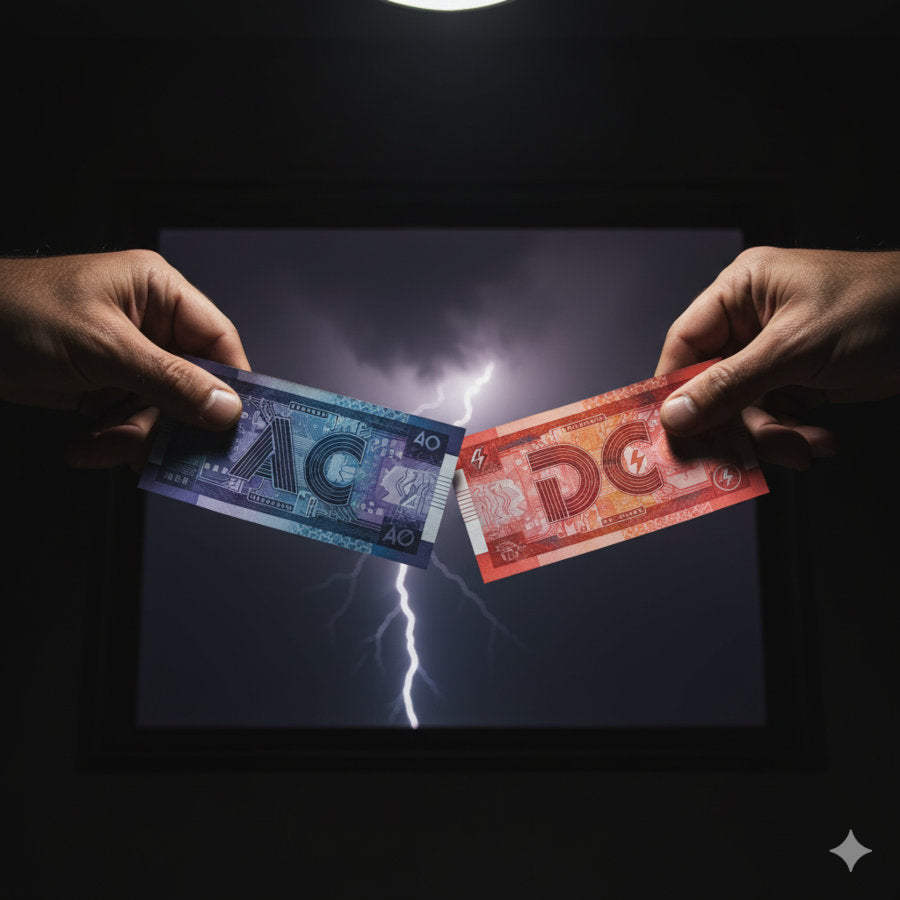
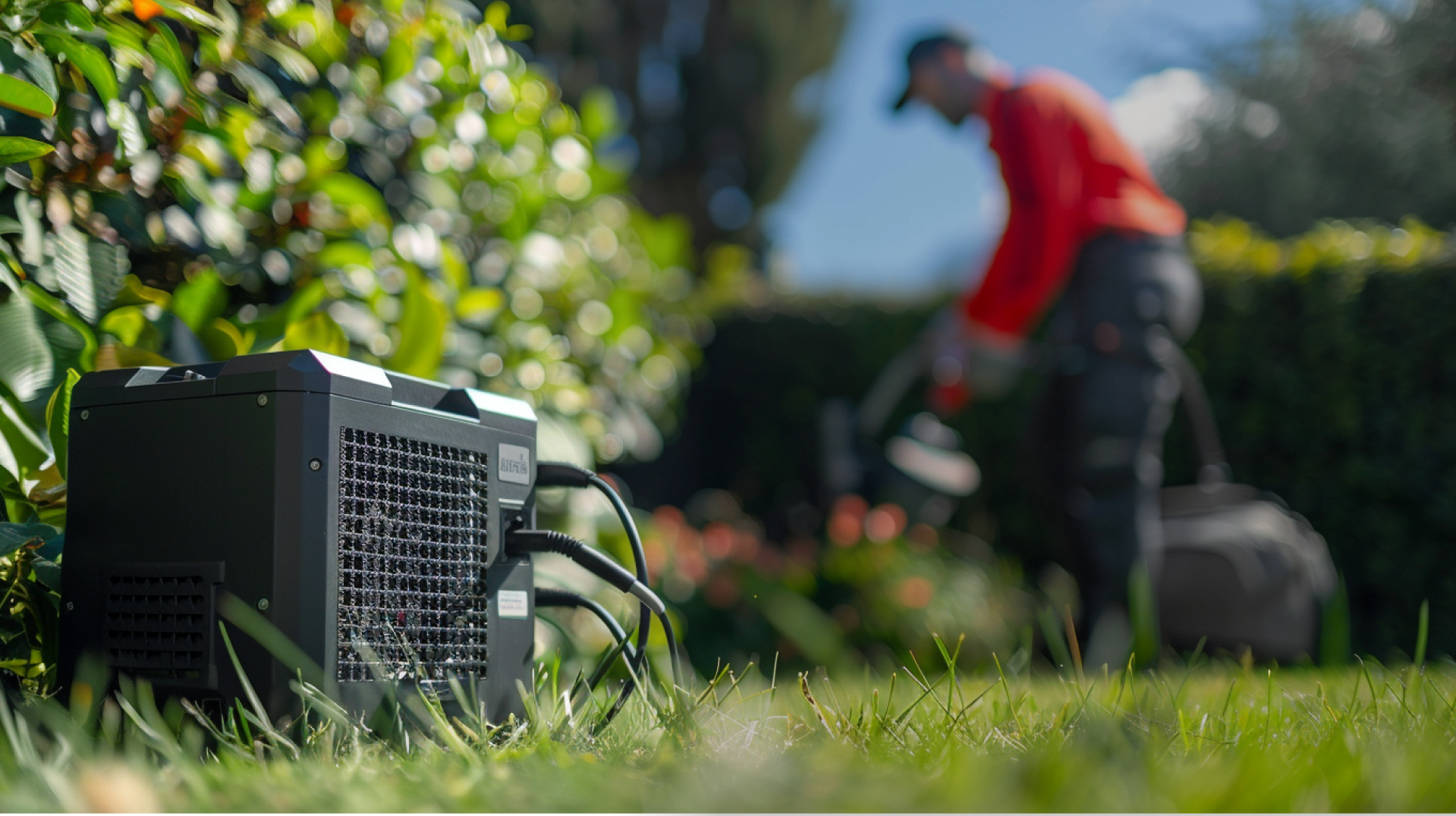

Leave a comment
All comments are moderated before being published.
This site is protected by hCaptcha and the hCaptcha Privacy Policy and Terms of Service apply.